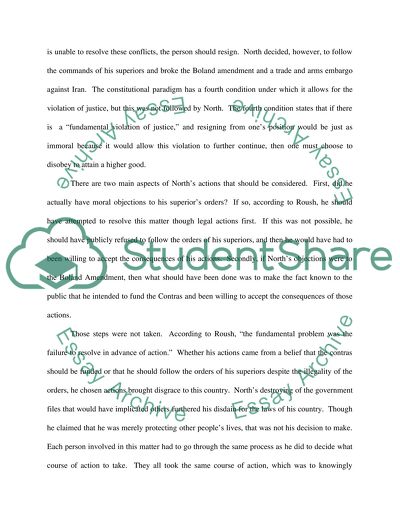Cite this document
(Iran-Contra and the Constitutional Paradigm Essay, n.d.)
Iran-Contra and the Constitutional Paradigm Essay. Retrieved from https://studentshare.org/history/1507761-write-an-analysis-paper-on-irancontra
Iran-Contra and the Constitutional Paradigm Essay. Retrieved from https://studentshare.org/history/1507761-write-an-analysis-paper-on-irancontra
(Iran-Contra and the Constitutional Paradigm Essay)
Iran-Contra and the Constitutional Paradigm Essay. https://studentshare.org/history/1507761-write-an-analysis-paper-on-irancontra.
Iran-Contra and the Constitutional Paradigm Essay. https://studentshare.org/history/1507761-write-an-analysis-paper-on-irancontra.
“Iran-Contra and the Constitutional Paradigm Essay”, n.d. https://studentshare.org/history/1507761-write-an-analysis-paper-on-irancontra.


